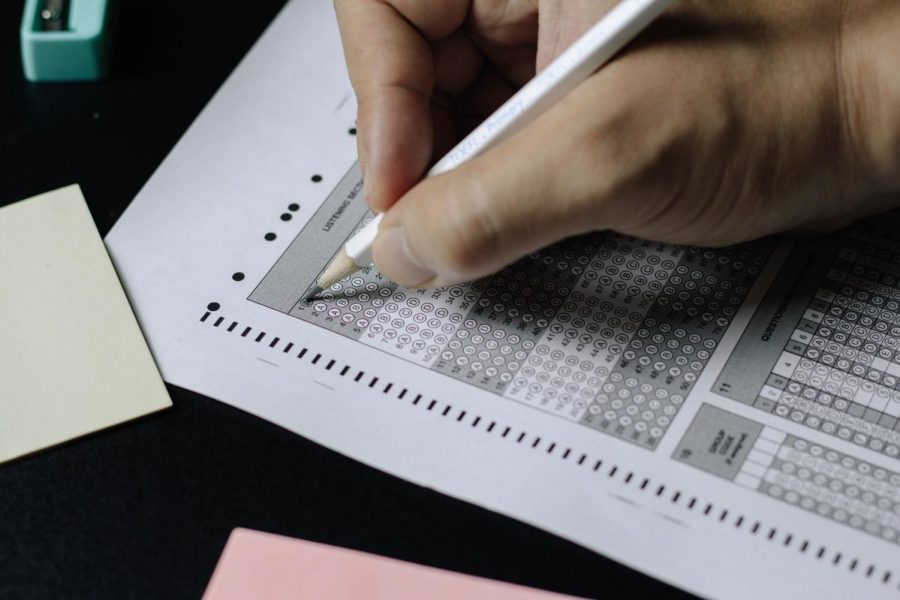College Board Announces Changes to SAT
According to a press release from College Board, students will be exposed to a new version of the SAT beginning in spring 2024. The most significant change is the format; the SAT will now be digital instead of on paper.
“I mostly like the direction the SAT is going,” freshman Pedro Rincon said. “I would rather take the SAT on a computer because it is faster.”
The digital format will allow more flexibility for schools in terms of scheduling the test. The College Board also addressed concerns about access to technology by allowing students to use their own devices and promising to provide students with devices if necessary. Additionally, the test has been designed so that students will not lose their progress if there is poor connection or if they lose power. Other changes include a shorter test experience, faster score delivery, and calculators for the entire math section instead of just one.
“I dislike waiting for test scores, so I like how the test scores will be released much quicker,” Pedro said. “I also like how it is going to be faster and possibly less stressful.”
The class of 2025 – who are currently freshmen – will be the first group of students to experience the changes when they take the SAT in the second semester of their junior year.
“I’m worried that freshmen will be among the first people to take the test because we have to be the first to experience the big change,” Pedro said.
Junior Daniela Rincon, Pedro’s older sister, will not be affected by the changes to the SAT, but she believes there are both positive and negative aspects to the shift.
“I like that they are shortening the exam and making it quicker to receive scores, but after last year, I’ve discovered that I prefer taking paper tests rather than tests on a computer,” Daniela said. “I like being able to underline and take notes when I’m reading the questions on the test.”
All of the changes that are being made bring up an important question: will the SAT still accurately represent the knowledge and college readiness of students? Whether or not the test is reliable and valid is still up for debate.
“I think that College Board has definitely made some improvements, but I don’t think it’s 100 percent accurate at predicting how college ready a student is or how much they know,” Daniela said.
Overall, the shift signals a more student-friendly approach to standardized testing.
“I hope that [the changes] are positive for the classes that do end up taking this version of the exam,” Daniela said.
Carlotta Angiolillo is a senior and is in her third year on the Torch staff. She is planning on pursuing a career in investigative journalism or data journalism. In her free time, she likes reading, playing with her dog, and listening to music.


